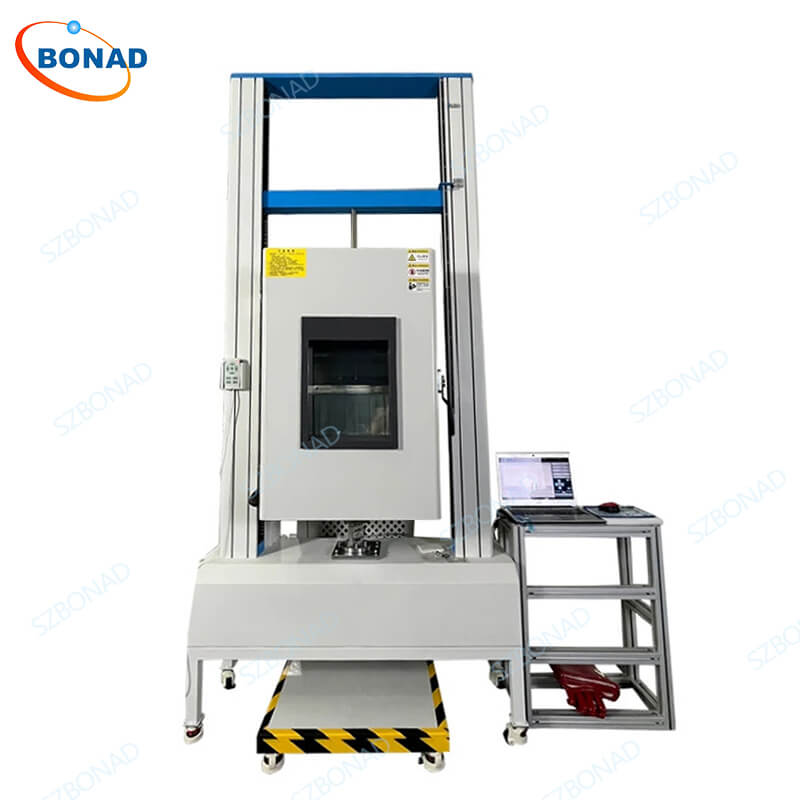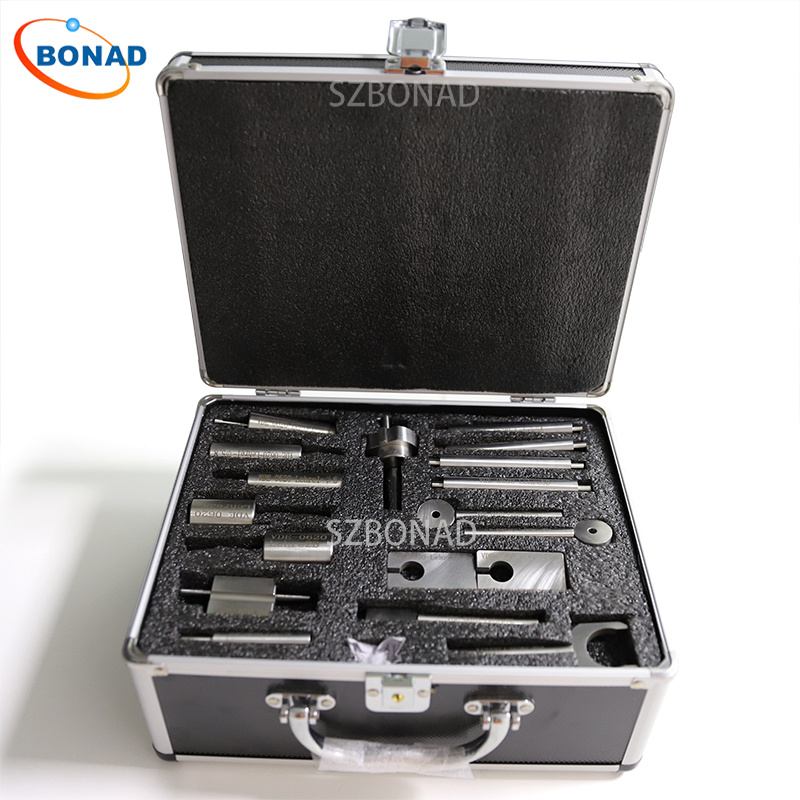What is Tensile Testing?
Tensile testing, also known as tension testing, is a fundamental method used to evaluate the mechanical properties of materials by applying a stretching force. This test is crucial for determining a material’s strength, ductility, and other related characteristics when subjected to tensile stress.
Why Conduct Tensile Testing?
- Material Performance Evaluation: Tensile testing helps ascertain how materials will perform under real-world conditions, providing insights into tensile strength, yield strength, and elongation.
- Quality Control: Manufacturers utilize tensile testing to ensure products meet specified standards and specifications.
- Material Selection: Engineers rely on tensile test results to choose appropriate materials for specific applications.
- Design Verification: During the product design phase, tensile testing aids in verifying that designs meet expected performance requirements.
Principles of Tensile Testing
The basic principle involves placing a specimen in a tensile testing machine and applying an increasing tensile load until the specimen fractures. Throughout the test, the relationship between applied force and specimen deformation (such as strain) is recorded to produce a stress-strain curve.
How to Set Up Tensile Testing?
- Specimen Preparation: Prepare specimens of appropriate size and shape according to relevant standards (e.g., ASTM, ISO).
- Equipment Setup:
- Select an appropriate tensile testing machine and ensure it is properly calibrated.
- Set up grips based on specimen size and material type to prevent slippage during testing.
- Load Rate: Adjust the loading rate according to standards or material characteristics.
- Environmental Conditions: Ensure the testing environment meets requirements such as temperature and humidity.
Analyzing Tensile Test Data
- Stress-Strain Curve: Plotting this curve allows for visual observation of material behavior under different loads.
- Key Parameter Extraction:
- Ultimate Tensile Strength (UTS): The maximum stress point.
- Yield Strength: The stress at which plastic deformation begins.
- Elongation: The total extension before fracture, indicating material ductility.
- Comparison with Standards: Compare results with industry standards or previous data to assess if materials meet requirements.
Applications of Tensile Testing
- Metals and Alloys: Used in aerospace, automotive, construction sectors for ensuring structural safety and reliability.
- Plastics and Composites: Evaluates durability and performance in packaging, electronics, consumer goods industries.
- Textiles: Assesses strength and wear resistance in clothing and industrial fabrics.
- Construction Materials: Ensures safety of concrete, steel in buildings and infrastructure.
Why Choose BONAD Tensile Testing Equipment?
- High Precision and Reliability: BONAD’s equipment incorporates advanced sensors and measurement technology for accurate and consistent results.
- Versatility: Supports various test modes like tension, compression, bending, catering to diverse materials and industry needs.
- User-Friendly Interface: Many BONAD machines feature intuitive touchscreens for easy operation, enabling quick user adaptation.
- Data Analysis & Reporting Capabilities: Equipped with robust software for real-time data recording and detailed report generation for analysis and archiving.
- Compliance with International Standards: Adheres to global standards (e.g., ASTM, ISO), ensuring broad comparability and recognition of results.
- Durability: Designed for longevity in laboratory or industrial settings, reducing maintenance costs over time.
- Excellent After-Sales Service: Comprehensive technical support ensures users receive timely assistance during use.
- Customized Solutions: Offers tailored testing solutions based on specific customer needs for particular industries or applications.

By understanding the importance of tensile testing and the benefits offered by BONAD equipment, industries can make informed decisions about material selection and quality assurance processes while ensuring compliance with international standards.


